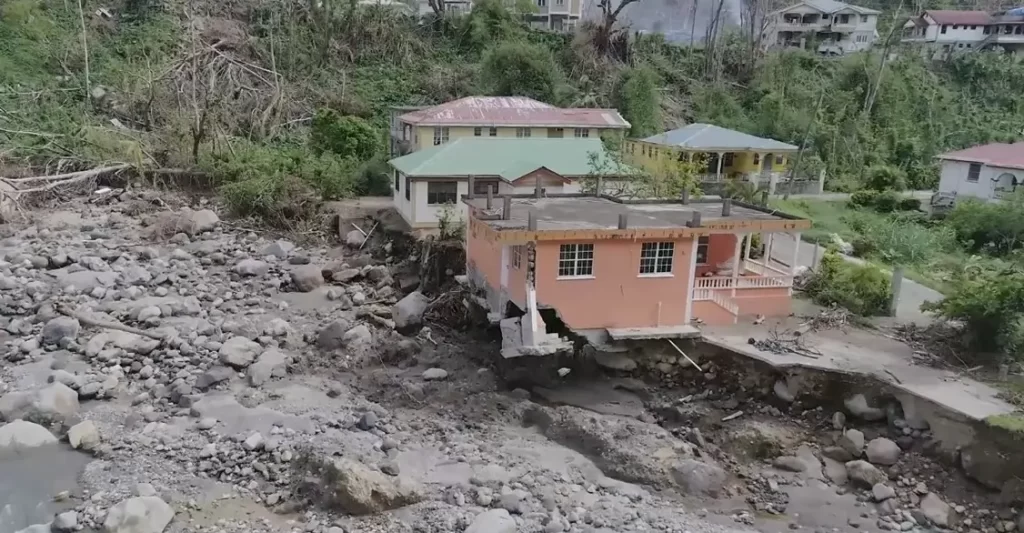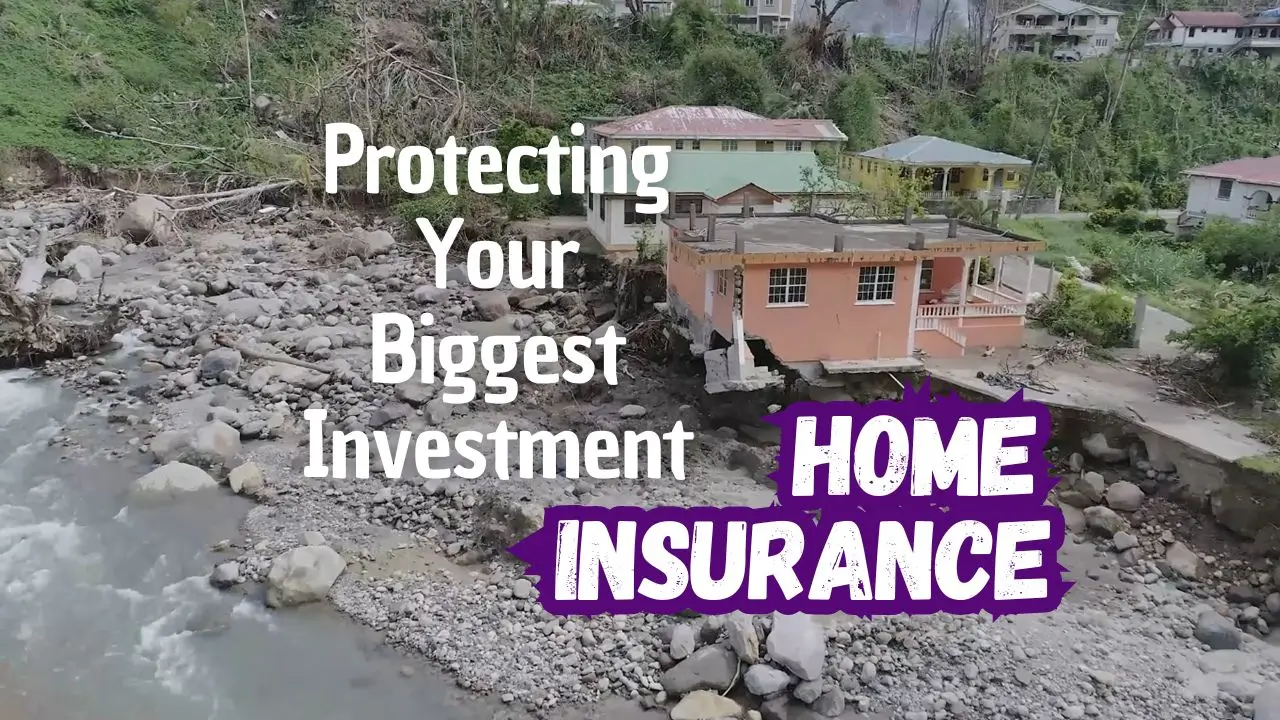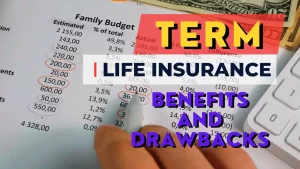Owning a home is one of the most significant financial commitments you’ll make in your lifetime. Protecting this investment is crucial, and that’s where home insurance comes into play. Here’s a comprehensive guide to understanding home insurance and how it safeguards your biggest investment.

What is Home Insurance?
Home insurance, also known as homeowners insurance, is a type of property insurance that covers losses and damages to an individual’s residence, along with furnishings and other assets in the home. It also provides liability coverage against accidents in the home or on the property.
Why Home Insurance is Essential
- Financial Protection: Home insurance provides financial security by covering the cost of repairs or rebuilding your home if it’s damaged by covered perils such as fire, windstorms, hail, or vandalism.
- Personal Property Coverage: It protects your personal belongings, including furniture, electronics, and clothing, against theft or damage.
- Liability Protection: Home insurance offers liability coverage if someone is injured on your property or if you accidentally cause damage to someone else’s property.
- Additional Living Expenses: If your home is uninhabitable due to a covered event, home insurance can cover the cost of temporary housing and other related expenses.
Types of Home Insurance Coverage
- Dwelling Coverage: This covers the physical structure of your home, including the walls, roof, and built-in appliances. It ensures that if your home is damaged by a covered peril, such as fire or windstorm, the cost of repairs or rebuilding is covered.
- Personal Property Coverage: This protects your personal belongings, such as furniture, electronics, and clothing, against theft, fire, and other covered events. It typically covers items both inside and outside your home.
- Liability Protection: This provides coverage if someone is injured on your property and you are found legally responsible. It also covers damage you or your family members cause to others’ property.
- Additional Living Expenses (ALE): If your home is uninhabitable due to a covered loss, ALE covers the cost of temporary housing and other living expenses while your home is being repaired.
- Other Structures Coverage: This includes structures on your property that are not attached to your home, such as garages, sheds, and fences.
Factors Affecting Home Insurance Premiums
Several factors can influence the cost of your home insurance premiums:
- Location: Homes in areas prone to natural disasters like floods, earthquakes, or hurricanes may have higher premiums.
- Home’s Age and Condition: Older homes or those in poor condition may cost more to insure.
- Coverage Amount: The amount of coverage you choose will directly impact your premium.
- Deductible: A higher deductible can lower your premium, but you’ll pay more out-of-pocket in the event of a claim.
- Security Features: Homes with security systems, smoke detectors, and other safety features may qualify for discounts.
What Home Insurance Does Not Cover
While home insurance covers many risks, it does not cover everything. Common exclusions include:
- Flood Damage: Standard home insurance policies do not cover flood damage. Homeowners in flood-prone areas need to purchase separate flood insurance.
- Earthquake Damage: Earthquake damage is also not covered under standard policies. Separate earthquake insurance is required for protection against seismic events.
- Maintenance Issues: Damage resulting from neglect or lack of maintenance is not covered. Homeowners are responsible for regular upkeep and repairs.
Determining the Right Coverage
Choosing the right home insurance policy involves assessing your needs and understanding the value of your home and belongings. Here are some steps to help you determine the right coverage:
- Evaluate Your Home’s Value: Consider the cost to rebuild your home in the event of a total loss. This includes construction costs, materials, and labor.
- Inventory Your Belongings: Make a detailed list of your personal property and estimate their value. This will help you decide the amount of personal property coverage you need.
- Assess Liability Risks: Consider the potential risks on your property, such as a swimming pool or trampoline, which may increase your liability exposure.
- Review Policy Limits and Deductibles: Ensure that the policy limits are sufficient to cover potential losses and choose a deductible that you can afford.
Tips for Saving on Home Insurance
- Shop Around: Compare quotes from multiple insurance providers to find the best rates and coverage options.
- Bundle Policies: Many insurers offer discounts if you bundle home insurance with other policies, such as auto insurance.
- Improve Home Security: Installing security systems, smoke detectors, and deadbolt locks can reduce your premiums.
- Maintain a Good Credit Score: Insurers often use credit scores to determine premiums. A higher credit score can lead to lower rates.
- Increase Your Deductible: Opting for a higher deductible can lower your premium, but ensure you have enough savings to cover it in case of a claim.
Tips for Choosing the Right Home Insurance
- Assess Your Needs: Determine the amount of coverage you need based on the value of your home and personal belongings.
- Compare Quotes: Shop around and compare quotes from different insurance providers to find the best rate.
- Understand the Policy: Read the policy carefully to understand what is covered and what is excluded.
- Consider Additional Coverage: Depending on your location, you may need additional coverage for floods, earthquakes, or other specific risks.
- Review Annually: Review your policy annually to ensure it still meets your needs and make adjustments as necessary.
How to Reduce Home Insurance Premiums
Here are some effective strategies to lower your home insurance premiums:
- Increase Your Deductible: Opting for a higher deductible can significantly reduce your premium. Just ensure you have enough savings to cover the deductible in case of a claim.
- Bundle Policies: Many insurers offer discounts if you bundle home insurance with other policies, such as auto insurance.
- Improve Home Security: Installing security systems, smoke detectors, and deadbolt locks can lower your premiums.
- Maintain a Good Credit Score: Insurers often use credit scores to determine premiums. A higher credit score can lead to lower rates.
- Shop Around: Compare quotes from multiple insurance providers to find the best rates and coverage options.
- Make Home Improvements: Upgrading your roof, plumbing, or electrical systems can reduce the risk of damage and lower your premiums.
- Ask for Discounts: Inquire about available discounts for things like being a long-term customer, having a claims-free history, or being a member of certain organizations.
Common Home Insurance Claims
Home insurance claims can arise from various incidents. Here are some of the most common types:
- Wind and Hail Damage: These are the most frequent claims, accounting for about 40.7% of all home insurance claims.
- Water Damage and Freezing: This includes damage from burst pipes, leaks, and freezing conditions, making up around 27.6% of claims.
- Fire and Lightning Damage: These claims are less common but often more costly, representing about 21.9% of claims.
- Theft: Although less frequent, theft claims still occur and can be significant.
- Other Property Damage: This category includes various types of damage not covered by the above categories, such as vandalism.
- Liability Claims: These involve injuries or property damage to others for which the homeowner is responsible.
How to File a Home Insurance Claim
Filing a home insurance claim involves several steps to ensure the process goes smoothly:
- Report the Incident: Contact your insurance company as soon as possible to report the damage. You can usually do this online, through an app, or by calling your agent.
- Document the Damage: Take photos and make a detailed inventory of the damaged items. This helps provide evidence for your claim.
- Make Temporary Repairs: If necessary, make temporary repairs to prevent further damage. Keep receipts for any expenses incurred.
- Fill Out Claim Forms: Complete and submit any required claim forms provided by your insurer.
- Meet with an Adjuster: An insurance adjuster will visit your home to assess the damage and estimate the repair costs.
- Get Repair Estimates: Obtain estimates from contractors for the repair work.
- Settle the Claim: Once the adjuster has evaluated the damage, your insurer will provide a settlement offer. Review the offer and negotiate if necessary.
- Schedule Repairs: After agreeing on the settlement, schedule the necessary repairs to restore your home.
Conclusion
Home insurance is a vital tool in protecting your biggest investment. It provides peace of mind by ensuring that you are financially protected against unexpected events that could damage or destroy your home. By understanding the basics of home insurance and choosing the right coverage, you can safeguard your home and enjoy the benefits of homeownership with confidence.
Investing in home insurance is not just about protecting your property; it’s about securing your financial future and ensuring that your home remains a safe and stable environment for you and your family. Make sure to review your policy regularly and stay informed about the best ways to protect your investment.
If you have any specific questions or need further details on any aspect of home insurance, feel free to ask!





























Some truly nice and useful info on this website , as well I believe the style has got fantastic features.
I appreciate, cause I found just what I was looking for. You have ended my four day long hunt! God Bless you man. Have a great day. Bye